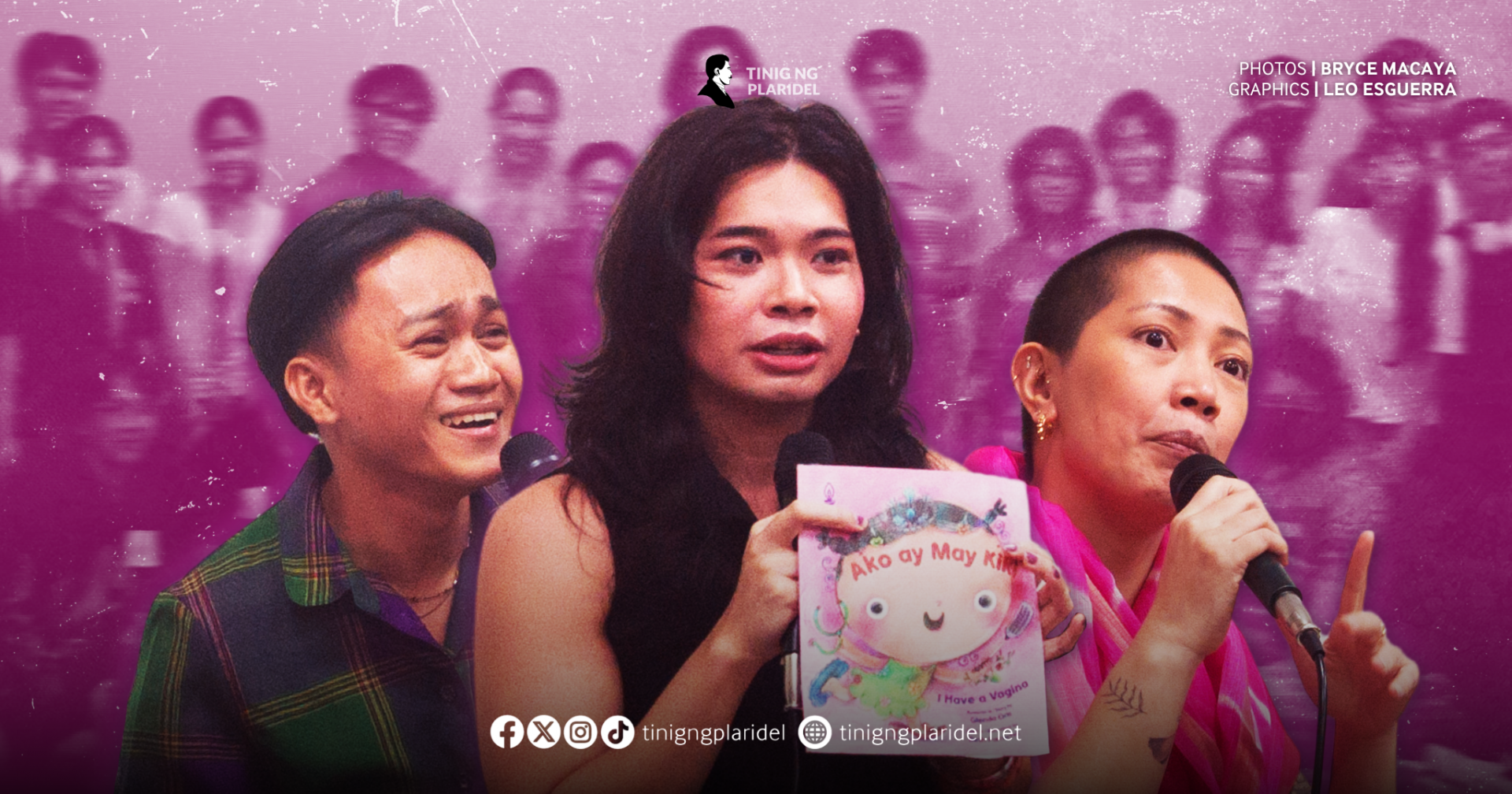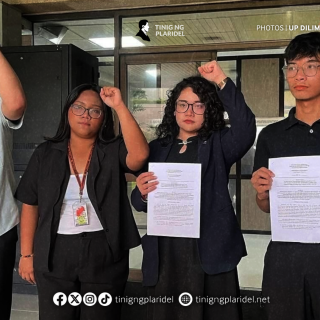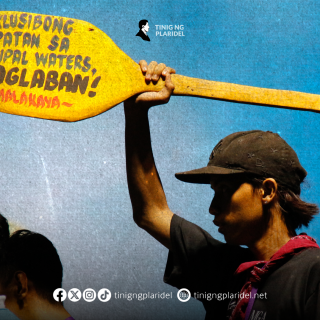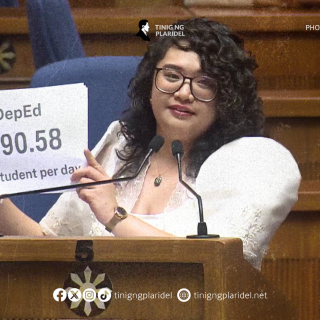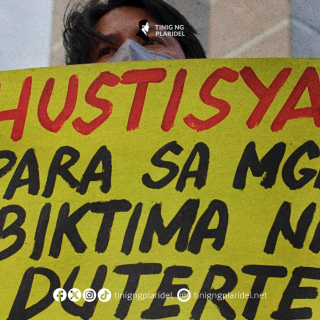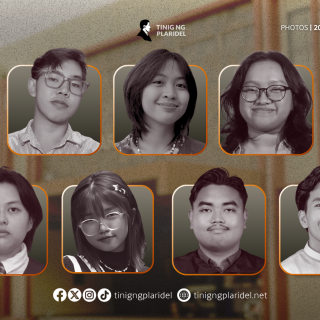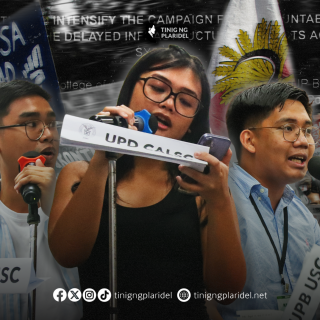EDITOR’S NOTE: Tinig ng Plaridel is an official media partner of UP Pride 2025.
Women and queer rights advocates pushed to make sex education more accessible and attuned to the Filipino context in a gender equality forum on Oct. 15 at the University of the Philippines Diliman (UP).
Amid the lack of institutionalized comprehensive sexuality education (CSE), Filipinos have had to turn to social media for information on sex and reproductive health, queer and transgender anthropologist Phil Dela Cruz said in the “Karapat-dapat” forum as part of UP Pride 2025’s campaigns this October.
“Mula [social media] tayo makakakuha ng mga halimbawa, mga knowledges not only about sa sex, but also even as a transperson na hindi available … ‘yong mga trans health care,” Dela Cruz said.
Social media is the youth’s top source of sex-related information, based on a 2021 survey by the UP Population Institute. But 39% of Filipino males and 44% of Filipino females — both aged 15 to 24 — lack access to any material information source about sex as a whole.
Sabrina Gacad, founder of Lunas Collective, stressed institutionalizing CSE could also guide young Filipinos in understanding the different dimensions of human sexuality.
“Sexuality is not just your desire for sex, but also your understanding of fantasies of the erotic [and] your understanding of what pleasure is as you feel it sa sarili mong katawan. Lahat ‘yan ay kabahagi ng human sexuality,” she said.
A Pulse Asia survey showed seven out of 10 Filipinos are in favor of CSE being taught in schools.
But President Ferdinand Marcos Jr. and conservative lobbyists opposed its inclusion in the Senate’s Adolescent Pregnancy Prevention Bill. They falsely claimed topics such as masturbation and sexual rights are covered in the CSE and are “inappropriate” for young children.
Sen. Risa Hontiveros, who authored the bill, disputed the claim, saying the measure did not even mention the word “masturbation”.
The bill proposed including reproductive health, gender-based violence prevention, and women’s and children’s rights, among other topics, in the CSE curriculum.
Yet, such concepts should be taught engagingly to young learners to make them relevant, said LGBTQIA+ rights organizer Iko Bonbon, who cited a lack of “youth-centric” resources on sexual orientation, gender identity and expression (SOGIE).
“For example, sa SOGIE, ang hirap namin kasing i-integrate sa simpleng bata lang na … may sexual orientation [at] gender identity…’ Mag-adjust tayo na [ipaunawa] natin sa kanila kung ano nga ba ‘yung pinaka-simple,” Bonbon said.
Localizing CSE
Considering the linguistic and cultural diversity in the Philippines, localizing CSE to communities remains a challenge, speakers at the forum said.
They added some of the topics covered in CSE, such as sexual intercourse, are considered “taboo” in discussions of certain groups.
For Dela Cruz, one way to remove the stigma surrounding CSE is to use the main language of the community as the medium of instruction and to use examples based on local experiences.
“Nandiyan din naman ‘yong wika para makatulong para pagyamanin ‘yong karanasan natin. Mas marami rin kasi talaga tayong lokal na wika na kayang i-capture pa ‘yong experience natin as Filipinos,” she said while acknowledging the difficulties of translating terms that originated from Western sources.
Citing his experience teaching CSE to Moros in Marawi City, Bonbon added its instruction should allow people from conservative or religious backgrounds to feel empowered while simultaneously respecting their beliefs.
“Na-conclude ko na maging sensitive din ako ‘pag i-share ko man ‘yong mga [sexual education topics]. Dapat with consent [ito] kasi gusto ko talagang i-advocate sila doon,” he said.
For people who have reservations, Gacan suggested using the arts to help discuss topics like intimacy and relationships.
“Lahat naman tayo alam natin kung anong itsura ng sexual intimacies, pero we don’t have the words for it. This kind of understanding of relationships requires multiple intelligences,” she said, adding that teachers should be equipped to hold such activities.

